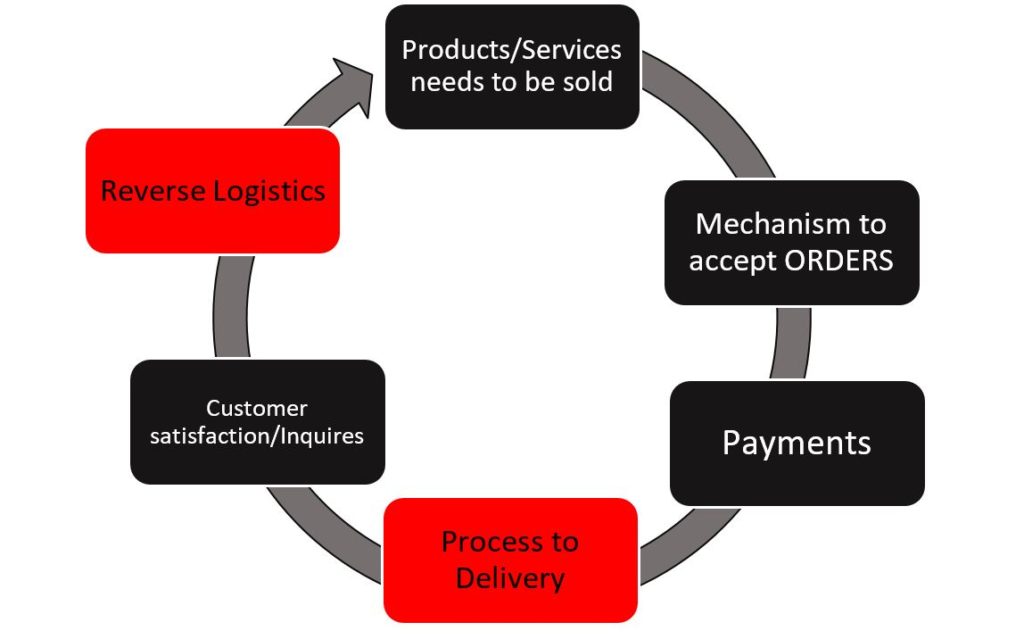WHO BENEFITS FROM eCOMMERCE FULFILMENT?
What is an eCommerce business?
An eCommerce or Electronic Commerce Business is the meeting of buyers and sellers doing transactions over the internet, such as ordering, selling products and services online and money transactions.
Ecommerce is one of the fastest-growing industries in the global economy. It grows an estimated 23% every year and, by 2020, global retail eBusiness is expected to reach $27 Trillion. eCommerce is a booming industry in Australia and the market size will be about AU $35.2 Billion by 2021.
What are the types of eCommerce?
E-Commerce is classified into 3 main categories:
- Business to Business
- Business to Consumer
- Consumer to Consumer
Advantages and Disadvantages of eCommerce Business.
Advantages
- Large Market Reach- eCommerce allows you to reach customers all around the world.
- Lower Cost- With eCommerce advanced technologies, setting up an online store has become cost-effective.
- Can stay up-to-date with the trends, track detailed insights and increase sales accordingly.
- Faster response to consumers through personalized messages allows them to maintain personal customer relations.
Disadvantages
- eBusiness can face problems such as; a server breakdown, hacking and IT security threats, and credit card fraud, all of which impact negatively on the customers’ experience.
- Price comparison- with the availability of so much information over the internet, consumers can compare prices and review products before purchasing. This can be challenging to eBusiness as they have to keep close track of what their competitor’s moves are in order to maintain prices and quality of goods and also earn consumer trust.
eBusiness has both pros and cons, though its benefits outweigh the disadvantages if proper measures are in place.
What is challenging for an eCommerce Business?
TRUST!
Trust plays an immense role in online transactions. It is involved in every process, from seeing the product, to payment, to the final doorstep delivery.
How eCommerce works?

A delay in receiving goods is the biggest consumer disappointment, followed by the inability to track their product. Online stores should carefully consider these matters and satisfy their customers in order to win their trust and loyalty and ultimately acquire more customers.
In summary, eCommerce should ensure the right product is delivered to the right address, in proper condition and within the time period expected by the customer. Third-Party Logistics specializes in providing high quality services from packaging to reversed logistics, inclusive of the delivering process.
What is an eCommerce order fulfilment?
Order fulfilment is the procedure of storing inventory, picking and packaging products, and transporting it to customers.
How does eCommerce fulfilment work?
Fulfilment centers work to get your online order to your doorstep. This is referred to as the fulfilment process. A 3PL business stores ebusiness stocks in their warehouse until an order is placed through the online store. The ordered product is then packed and released from the center for shipment.
FACTS
- Australia is currently the 10TH largest eCommerce market in the world by revenue.
- By 2021, the number of people purchasing online will be 22.0 million and the eCommerce market invasion rate will reach 85.2%.
FAQS
What does it mean when your order is in fulfilment?
When the status reads “In fulfilment,” it means the product has been processed to the point where it is now ready to be shipped, aka “fulfilment.”
What does fulfilment mean in a business?
“Fulfilment” refers to the process of receiving inventories and generating pick-up lists, assembling goods, packaging goods, labeling shipments, shipping orders and managing returns.
What is the fulfilment process?
Click this link to check how BDL handles eCommerce fulfilment. https://www.bdynamiclogistics.com.au/ecommerce-fulfilment/
